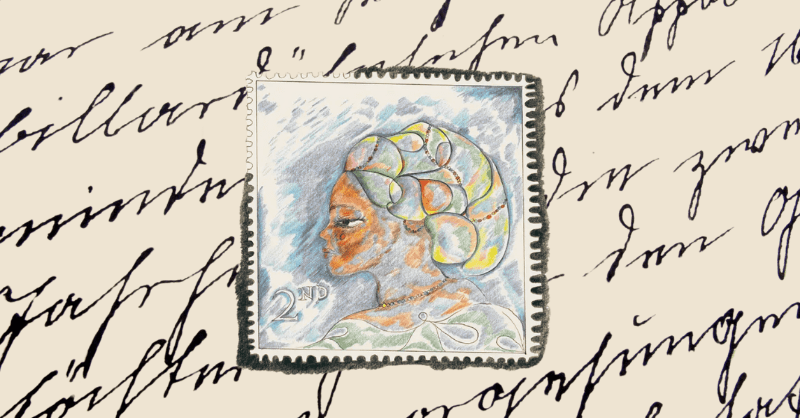The Adah Archetype
In 1974, Buchi Emecheta’s novel, Second-Class Citizen, was published. While this novel has inspired a generation of African writers, the themes Emecheta explored—such as Black immigrant life in the UK and the ills of a patriarchal society—remain as relevant today as ever.
You must know, my dear young lady, that in Lagos you may be a million publicity officers for the Americans; you may be earning a million pounds a day; you may have hundreds of servants: you may be living like an élite, but the day you land in England, you are a second-class citizen.
— Francis Obi in Second-Class Citizen by Buchi Emecheta
‘For a woman, she starts being a second-class citizen the day she is born.’ This was Buchi Emecheta’s response in a 1975 interview about her novel, Second-Class Citizen. Her statement mirrored the fate of her protagonist, Adah Ofili, a Nigerian woman who works her way up from struggling to attain basic education and securing a good job in Lagos to becoming the wife of a man who subjects her to ridicule and abuse.
In my initial foray into Nigerian literature, Adah’s character firmly established herself as the most memorable fictional figure I had encountered. Adah was resolute, a true fighter who dared to challenge societal norms. She was not afraid to take the leap, and her drive to succeed was admirable. However, Adah’s character made my teenage self wonder: Why did she marry a man who forgot to get her a wedding ring? Why couldn’t she leave this terrible man? Upon revisiting this book for the second time, now at a more mature age, its insights are even more profound. Set in both Nigeria and the United Kingdom, Second-Class Citizen delivers a poignant portrayal of the challenges women face in Nigeria and the harsh realities Black women encounter in the West. What stands out to me about this novel is Emecheta’s deft execution, which thoroughly conveyed heavy themes with profound care and sensitivity.
This essay features in our print issue, ‘An African Feminist Manifesto’ and is only available online to paying subscribers. To continue reading register for a free trial and get unlimited access to The Republic for a week! Already a subscriber? Log in.
Already a subscriber? Log in.



